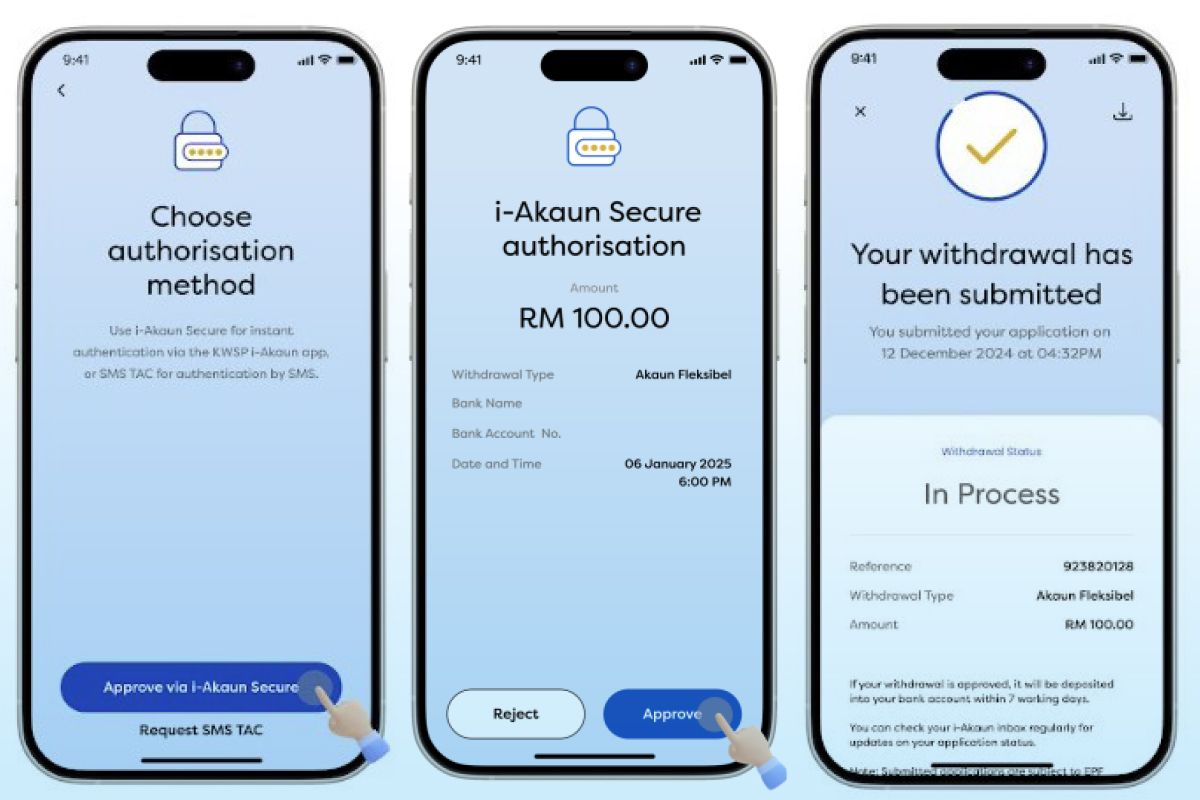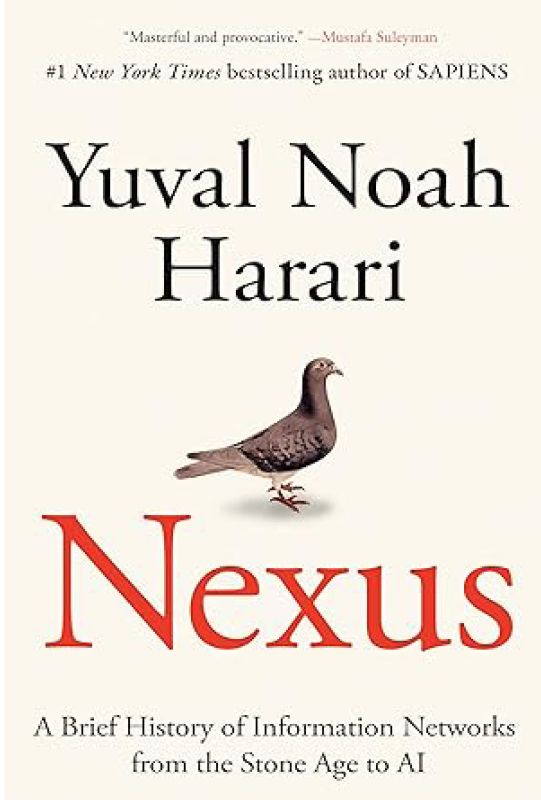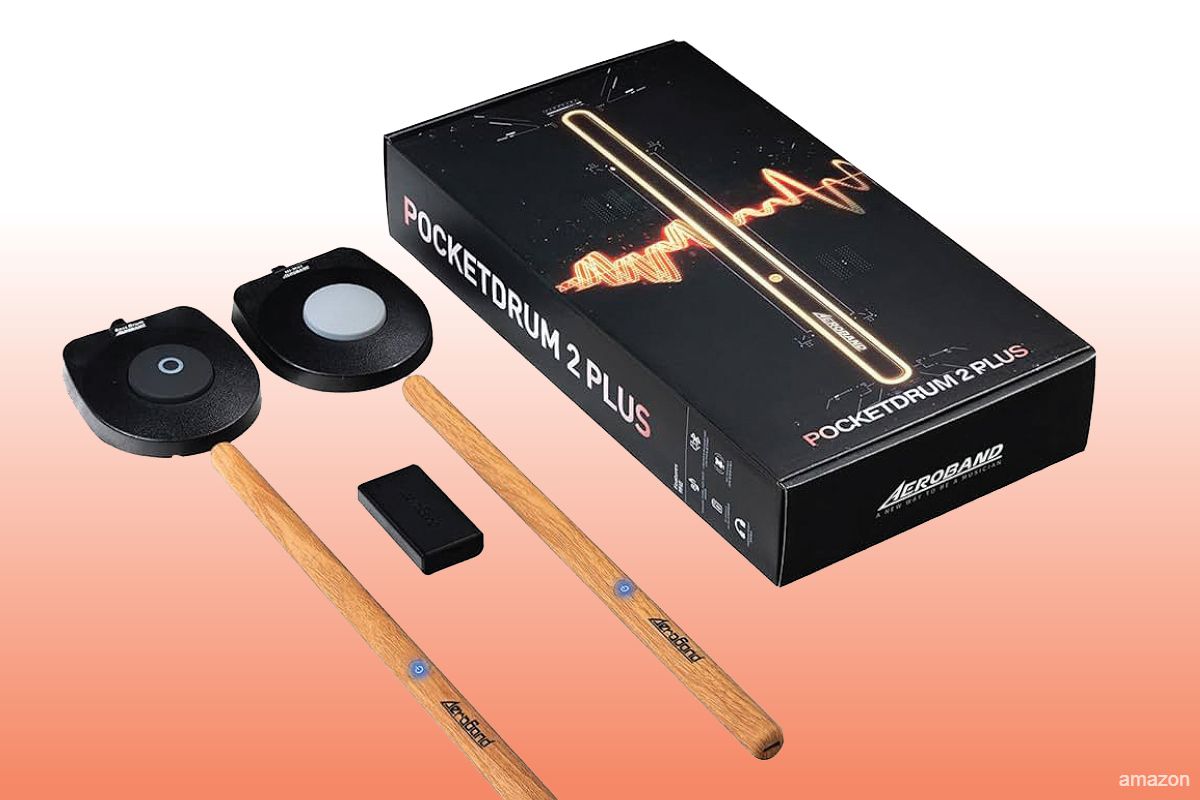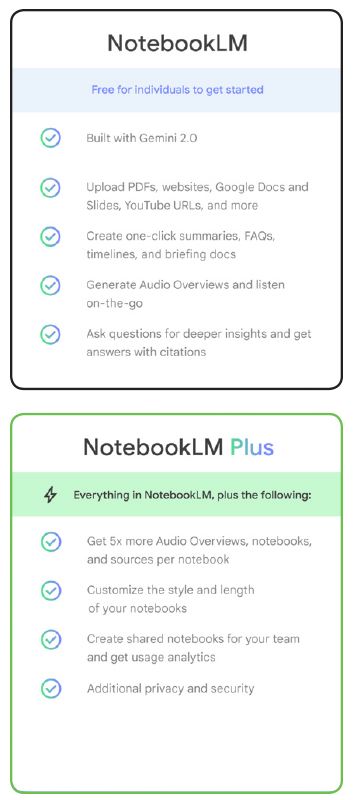
This article first appeared in Digital Edge, The Edge Malaysia Weekly on January 13, 2025 - January 19, 2025
NEWS
From saving to growing wealth
Trading app Moomoo is partnering with GXBank to enable the latter’s customers to make instant transfers or deposits to their Moomoo account and start investing.
As part of the launch, GXBank customers who open a new Moomoo Universal account and deposit funds via their GXBank account will receive exclusive rewards, including up to four times additional Grab shares and 1.7 times Apple shares as part of a limited-time welcome offer.
The integration eliminates the common barriers to investing, allowing users to transition seamlessly from saving to building their wealth. This streamlined process ensures GXBank customers can access investment opportunities with little delay, providing a faster and more convenient way to grow their financial portfolios.
Moomoo’s platform enhances this experience by offering users a range of tools and insights to support informed decision-making. From real-time market data and breaking news to advanced screeners and visualised analytics, the platform caters for both first-time investors and experienced traders.
The intuitive interface ensures accessibility, while professional-grade features enable users to confidently navigate complex financial markets.
GXBank customers who open a new Moomoo Universal account and fund it directly from their GXBank accounts will receive tiered, stackable rewards based on the deposited amount (except for Grab shares).
For example, GXBank customers who deposit RM30,000 will receive the full package: RM100 in cash rewards, 1.7 Apple shares and up to four times Grab shares. This limited-time promotion is valid until March 23.
Meta replaces third-party fact-checkers with Community Notes
Meta Platforms Inc will get rid of fact-checkers, dramatically reduce the amount of censorship and recommend more political content on its platforms, including Facebook, Instagram and Threads, its founder Mark Zuckerberg announced in a video message.
Meta is shifting instead to a programme that it is calling Community Notes, which will see it rely on users instead of third-party organisations to write fact-checks. Researchers have found that the programme can be effective when paired with other moderation strategies.
Zuckerberg also promised to prioritise free speech after the return of Donald Trump to the White House, adding that Meta’s fact-checkers have just been too politically biased and have destroyed more trust than they have created.
Fact-checking groups that worked with Meta have taken issue with that characterisation, saying they had no role in deciding what the company did with the content that was fact-checked.
MCMC removes more than 63,000 fraudulent posts from social media
The Malaysian Communications and Multimedia Commission (MCMC) took down 63,652 fraudulent online content on social media last year.
Deputy Communications Minister Teo Nie Ching said this was a significant increase, as only 6,297 of such posts were removed in 2023.
Teo said the identified frauds included those involving artificial intelligence (AI) such as deepfakes, impersonation of notable figures, videos, graphics and text, reported Bernama.
“With AI technology now, it’s incredibly easy to create deepfake videos. We have seen many prominent figures become victims, such as Prime Minister Datuk Seri Anwar Ibrahim and former Bank Negara governor Tan Sri Dr Zeti Akhtar Aziz recently,” she said.
“What I want to highlight here is that 63,652 is a substantial number, and it is based on complaints we received. However, I believe there’s much more out there. Therefore, it’s crucial to educate the public to be more vigilant and considerate, always verify information and refrain from sharing if they are unsure.”
EPF introduces i-Akaun Secure for hassle-free transactions
The Employees Provident Fund (EPF) has unveiled a new security feature, i-Akaun Secure, on its KWSP I-Akaun mobile app. The new system allows users to approve transactions quickly and securely with just a tap on their devices.
From Jan 6, i-Akaun Secure will initially be available for Akaun Fleksibel (or Account 3) withdrawal transactions via the KWSP i-Akaun app.
EPF plans to expand i-Akaun Secure’s capabilities to include other essential services in the near future, such as withdrawal applications, account registrations and nominations. This evolution aims to provide members with an integrated and secure digital platform for managing their retirement savings.
To activate the feature, members must log in to the KWSP app, navigate to the settings and enable push notifications. Once enabled, they can approve or reject transactions directly from their device.
With this feature, there is no need to wait for a six-digit SMS code to authorise transactions via the app. However, it cannot be used to approve transactions made through the EPF desktop website.
Global chip market to hit record US$697 bil in 2025
The global chip market is projected to grow 11.2% to a record US$697.18 billion (RM3.13 trillion) in 2025, boosted by robust demand for semiconductors for use in AI-powered smartphones and data centres, according to an industry organisation forecast.
Bernama cited a Kyodo News Agency report that the forecast was revised up from a June estimate of US$687.38 billion, according to World Semiconductor Trade Statistics, an organisation formed by major chipmakers.
By product, demand for logic semiconductors, which function as the brains of electronic devices, is expected to increase 16.8% to US$243.78 billion, while that of memory chips, which store data, is forecast to rise 13.4% to US$189.41 billion, said the organisation in its report released in early December last year.
The markets for other types of semiconductors such as analog chips are also expected to expand, as long as the global economy grows at least moderately, according to the report.
By region, the Americas are forecast to log the biggest growth, with a 15.4% increase to US$215.31 billion, followed by Asia-Pacific, with a 10.4% growth to US$376.27 billion.
Europe is expected to see the smallest growth of 3.3%, to US$53.74 billion. The Japanese market is projected to expand 9.4% to US$51.87 billion, according to the forecast.
The global chip market in 2024 is estimated at US$626.87 billion, up 19%, the organisation said, as growth in AI-related chips covered sluggish demand for those used for cars and industrial equipment.
Melaka plans to tag livestock with QR codes
The Melaka government wants to implement local by-laws mandating livestock owners to tag their animals with QR codes, reported Bernama.
According to Chief Minister Datuk Seri Ab Rauf Yusoh, the tagging system will aid local authorities in law enforcement, particularly when livestock are found roaming freely and causing road accidents.
“Livestock owners will need to register. The QR code will include the owner’s address, enabling us to identify them and take appropriate action,” he said at the exchange of documents for the Melaka Digital Village Initiative (KDM) agreement between MCMC and the Melaka government on Jan 6.
Ab Rauf stated that under the proposed by-law, any unregistered livestock found roaming and unclaimed by its owner after three months will be auctioned off. “The drafting of this by-law is to ensure owners manage their livestock more systematically through cooperation with the Ministry of Agriculture and Food Security,” he said.
Picture Of The Week
China’s first distributed electric-powered flying car, named Kunpeng No 1, was unveiled on Jan 1, 2025, in Nanjing, Jiangsu Province. The vehicle was developed by a research team from Southeast University.
Tech Books
Nexus: A Brief History of Information Networks from the Stone Age to AI by Yuval Noah Harari
Humans have accumulated enormous power since recorded history, but despite all our discoveries, inventions and conquests, we now find ourselves in an existential crisis.
The world is on the verge of ecological collapse. Misinformation abounds, and we are rushing headlong into the age of AI — a new information network that threatens to annihilate us. For all that we have accomplished, why are we so self-destructive?
Nexus looks through the long lens of human history to consider how the flow of information has shaped us and our world. Taking us from the Stone Age, through the canonisation of the Bible, early modern witch-hunts, Stalinism, Nazism and the resurgence of populism today, Yuval Noah Harari asks us to consider the complex relationship between information and truth, bureaucracy and mythology, wisdom and power.
He explores how different societies and political systems throughout history have wielded information to achieve their goals, for good and ill. He also addresses the urgent choices we face as non-human intelligence threatens our very existence.
Information is not the raw material of truth, neither is it a mere weapon. Nexus explores the hopeful middle ground between these extremes and, in doing so, rediscovers our shared humanity. — Amazon
Editor’s Must-Haves
PocketDrum 2 Max: Beats in your pocket
Ever air-drummed to your favourite tunes, imagining what it would feel like to play real drums? The PocketDrum offers a way for anyone to drum without a full drum set.
Simply wave the drumsticks around as you would with a traditional drum kit, and you’ll hear beats and rhythms that sound just like the real thing. The drumsticks require charging, with one to two hours of charge providing 16 to 18 hours of playtime.
For a more immersive drumming experience, additional elements such as a pedal can be paired with the drumsticks. The beats produced are of production quality, allowing you to sync them with a music-editing app to create your own rhythms whenever inspiration strikes.
PocketDrum retails for US$149 (RM670.95) and is available at https://www.aeroband.net.
While You Were Working (from home)
NotebookLM now available for businesses and educational institutions
Google’s AI-powered research assistant, NotebookLM, powered by its advanced Gemini models, is now available to businesses and educational institutions.
NotebookLM allows users to upload source documents — such as Google Docs, Slides, PDFs, web URLs and copied text — into a digital notebook. It enables users to synthesise information, uncover insights and explore innovative ways of engaging with their content.
Users can ask questions directly related to the uploaded sources and NotebookLM will generate answers based on the content, complete with in-line citations to reference specific sections of the documents.
In addition, it can produce various types of content, such as summaries, briefing documents, timelines, FAQs and even podcast-like Audio Overview, another tool to turn documents into engaging audio discussions.
The latest version of NotebookLM — NotebookLM Plus — builds on the features of NotebookLM by offering organisational users significant upgrades, including five times more Audio Overviews, queries, notebooks and sources per notebook.
Users can also customise the style and length of their notebooks, create shared notebooks for team collaboration and access usage analytics to gain insights into how the tool is used in their organisation.
NotebookLM Plus with enterprise-grade data protection is now available to businesses, schools and universities as an additional service via Gemini for Google Workspace.
For users of NotebookLM Plus through Gemini for Google Workspace, enterprise-grade data protection ensures that their uploads, queries and the model’s responses are not used to train models and not reviewed by humans.
Customer data remains their data and any files uploaded, queries and responses are not shared outside their organisation’s trust boundary.
Users can only upload sources from Google Workspace that they have permission to access. Furthermore, they can control who has access to their notebooks and set more granular permissions within each notebook. Notebooks can only be shared within their organisation.
NotebookLM Plus for enterprises can also be purchased separately via Google Cloud. NotebookLM Plus for consumers will also be included in Google One AI Premium in early 2025.
Save by subscribing to us for your print and/or digital copy.
P/S: The Edge is also available on Apple's App Store and Android's Google Play.





